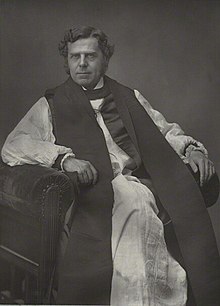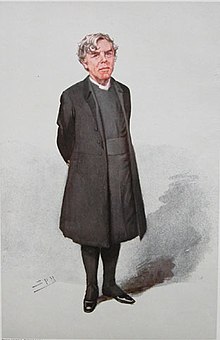Archibald Campbell, 4th Earl of Argyll or Archibald "the Red" Campbell, was a Scottish nobleman and politician.

Edmund Law was a churchman in the Church of England. He served as Master of Peterhouse, Cambridge, as Knightbridge Professor of Philosophy in the University of Cambridge from 1764 to 1769, and as bishop of Carlisle from 1768 to 1787.
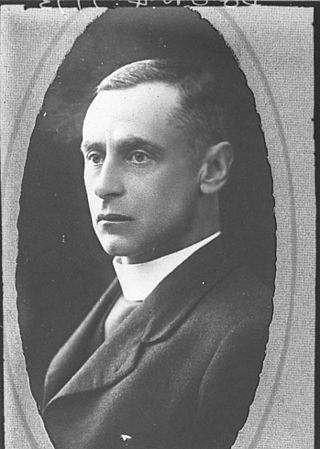
The Bampton Lectures at the University of Oxford, England, were founded by a bequest of John Bampton. They have taken place since 1780.

John Archibald Boyd-Carpenter, Baron Boyd-Carpenter, PC, DL was a British Conservative politician. He was the Member of Parliament for Kingston-upon-Thames from 1945 to 1972, when he was made a life peer. He served in several ministerial roles throughout the Conservative governments of 1951 to 1964, and was Chief Secretary to the Treasury and Paymaster General from 1962 to 1964.
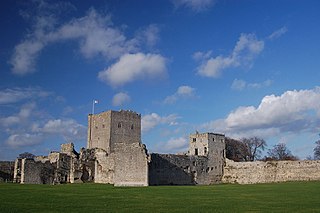
Sir Thomas Grey, of Heaton Castle in the parish of Norham, Northumberland, was one of the three conspirators in the failed Southampton Plot against King Henry V in 1415, for which he was executed.

Henry Montagu Villiers was a British clergyman of the Church of England from the Villiers family.
Sir (Marsom) Henry Boyd-Carpenter is a son of Francis Henry Boyd-Carpenter by his wife Nina. Nina Boyd-Carpenter's sister was the gardener and writer Margery Fish; Henry Boyd-Carpenter inherited his aunt's house and garden at East Lambrook Manor in Somerset, selling it in 1985.

Archibald Boyd was Dean of Exeter in the Church of England.
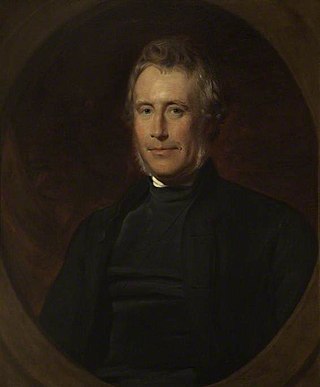
Robert John Eden, 3rd Baron Auckland, styled The Honourable Robert Eden from birth until 1849, was a British clergyman. He was Bishop of Sodor and Man from 1847 to 1854 and Bishop of Bath and Wells from 1854 to 1869.

Archibald Robertson was the seventh Principal of King's College London who later served as Bishop of Exeter.

Charles Frederick D'Arcy was a Church of Ireland bishop. He was the Bishop of Clogher from 1903 to 1907 when he was translated to become Bishop of Ossory, Ferns and Leighlin before then becoming the Bishop of Down, Connor and Dromore. He was then briefly the Archbishop of Dublin and finally, from 1920 until his death, Archbishop of Armagh. He was also a theologian, author and botanist.
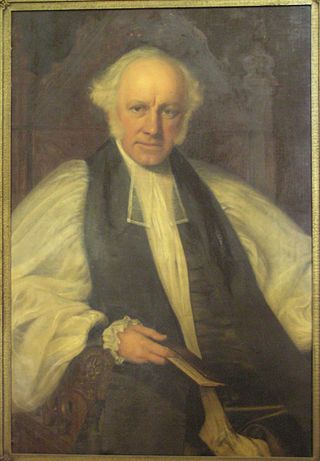
Joseph Cotton Wigram was a British churchman, Archdeacon of Winchester and bishop of Rochester.
George Carpenter, 1st Earl of Tyrconnell, known as The Lord Carpenter between 1749 and 1761, was a British peer and politician.
George Carpenter, 2nd Earl of Tyrconnell, styled The Honourable George Carpenter until 1761 and Viscount Carlingford between 1761 and 1762, was a British politician who sat in the House of Commons for 30 years from 1772 to 1802.
George Carpenter, 3rd Earl of Tyrconnell, known as George Carpenter until 1805, was a British peer and soldier who died fighting the French forces led by Napoleon Bonaparte at Wilna (Vilnius), in then Russian Empire.

John Delaval Carpenter, 4th Earl of Tyrconnell GCH, FRS was a British peer. He served with the North York Corps of Yeomanry.
The Rt. Rev. Wentworth Francis Wentworth-Sheilds was an Anglican bishop in the first half of the 20th century.
Henry Bernard Carpenter, was an Irish Unitarian clergyman, orator, author, and poet. Educated at Oxford University, his written works were principally in verse, three of which were published, The Oatmeal Crusaders, or A Nine Days' Wander Round, Up and Down Mount Washington, Being a Serio-comic Poem (1875), Liber amoris, Being the Book of Love of Brother Aurelius (1886), and A Poet's Last Songs (1891) published posthumously.
Henry Dewsbury Alves "Hal" Major, was a New Zealand Anglican clergyman and theologian. He was Principal of Ripon Hall, Oxford from 1919 to 1948: first, when it was Ripon Clergy College in Ripon, Yorkshire (1919), and then as Ripon Hall in Oxford. A prominent liberal Christian, he was active in the Modern Churchmen's Union, and was founder and editor of its Modern Churchman journal.
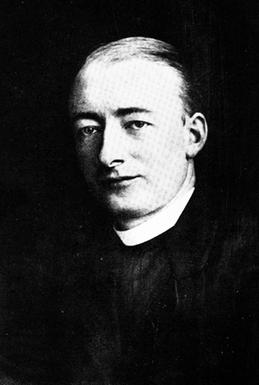
Norman Powell Williams (1883–1943), known as N. P. Williams, was an Anglican theologian and priest. Educated at Durham School and at Christ Church, Oxford, he enjoyed a succession of appointments at that university: Fellow of Magdalen (1906), Chaplain of Exeter (1909), Lady Margaret Professor of Divinity and Canon of Christ Church (1927). In 1924 he was Bampton lecturer.
